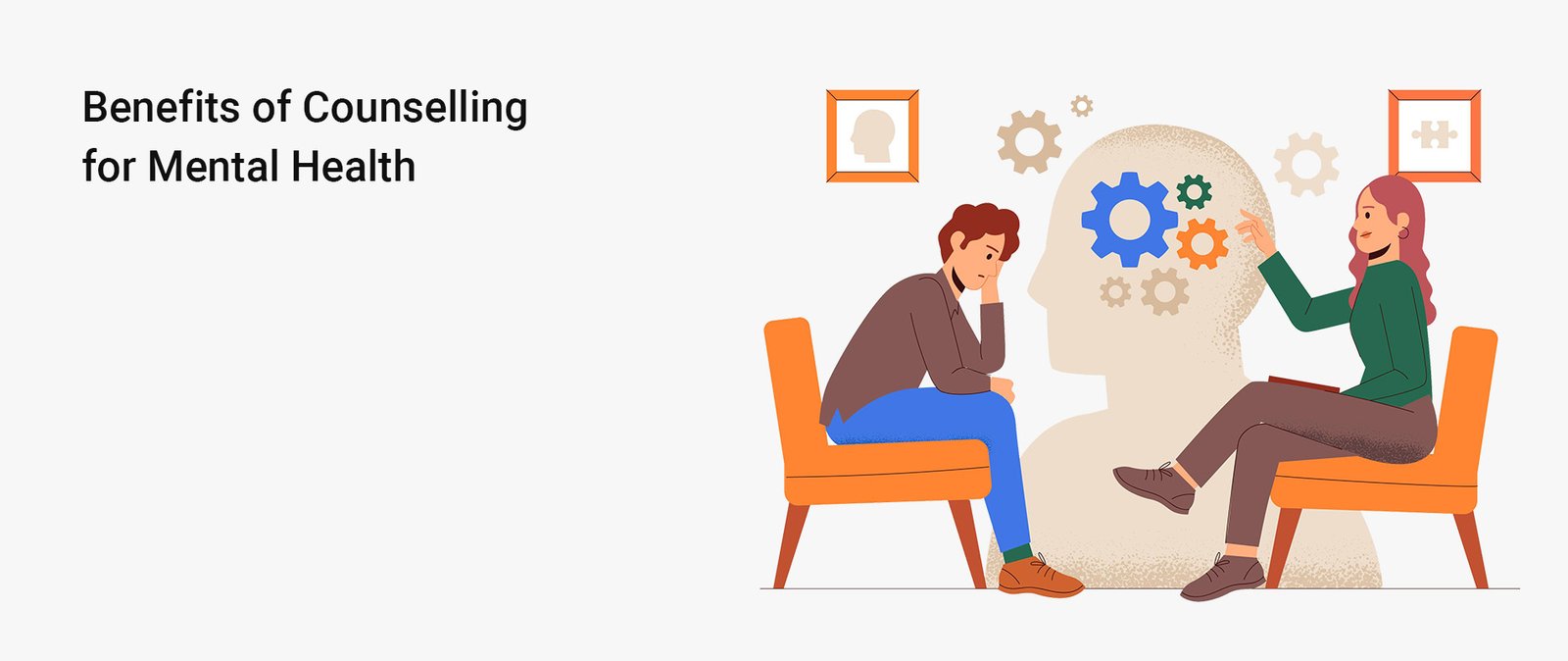9 Simple Techniques For Mental Health Counseling
9 Simple Techniques For Mental Health Counseling
Blog Article
Mental Health Counseling for Dummies
Table of ContentsGetting The Mental Health Counseling To WorkRumored Buzz on Mental Health CounselingThe Best Guide To Mental Health CounselingThe Best Guide To Mental Health CounselingMental Health Counseling - Questions
Through therapy, you can acquire understanding into your very own patterns of behavior and communication, which can lead to more satisfying and satisfying partnerships with pals, family, and enchanting partners. What we think, we materialize. If you're eaten with unfavorable feelings and adverse thoughts that are disrupting your life, treatment can assist.Like our ideas, in some cases our actions become harmful. They can maintain us from living a positive and healthy and balanced way of life. Possibly you deal with addiction, or you tend to self-sabotage, or there are various other unfavorable ways you act. Mental Health Counseling. Treatment can help you alter those habits that are having a negative effect on your world and partnerships.

Getting therapy to deal with certain facets of your life can aid you be more productive in various other locations, including work.

Get This Report on Mental Health Counseling
You can see a therapist when points are going really well in your life, or when you will experience a big life transition." Talkspace specialist Kate Rosenblatt, MA, LPC, LMHC. Yet there are even extra advantages of therapy than simply the ones we have actually discussed. Therapy can educate you just how to take care of separation, take care of sorrow, or develop partnerships (enchanting or those with family members or buddies) in a healthy means.
For the purpose of the here and now study, regarded advantages and barriers to psychological wellness help-seeking are being explored. Previous research study located that regarded obstacles have a substantial impact on university student' wellness behavior selections (Von Ah, Ebert, Ngamvitroj, Park & Kang, 2003). Regarded benefits and barriers to help-seeking were particularly selected as a result of their influence on decision-making and ultimately activity (Glanz, Rimer, & Su, 2005).
The existing research study looks for to analyze whether or not preconception offers as a barrier to treatment amongst college students. Amongst these were: (1) choosing to deal with mental wellness issues themselves, (2) not having sufficient time to get involved in therapy, (3) questions about whether psychological health and wellness therapy is reliable in remediating issues, (4) an idea that anxiety is normal or the problem will certainly get far better without therapy, (5) absence of money, and (6) fret regarding what others would certainly assume if they located out concerning treatment participation.
Personnel in campus mental wellness centers might be viewed as unfriendly, and long wait times for solutions might be "off-putting" for students. Elements helping with much more favorable perspectives are often at the contrary pole of those factors determined as obstacles.
More About Mental Health Counseling
One in 3 (34.6%) reported residing on campus and one in 4 (23.3%) reported coping with parents. Virtually half of pupils were entailed in campus organizations and 1 in 10 reported being in a society or sorority. More than one-third of students (38.1%) reported that they had a family members participant or pal with a diagnosed psychological health and wellness condition.

Unknown Facts About Mental Health Counseling
Univariate F-tests recognized specific subscale items that dramatically differed. Females were much less likely than men to regard individuals that most likely to click to read more therapy as emotionally weak, people who most likely to therapy as insane, to feel that individuals with mental wellness issues need to take care of issues on their own, that individuals who most likely to therapy as not able to address problems, that people who most likely to therapy are lazy, and to feel that people who most likely to therapy are different from regular individuals in an unfavorable means.
Similarly, study results exposed that this content females were significantly much less likely than males to hold stigma-related perspectives. This follows previous research study which also discovered that males hold greater levels of perceived preconception than women (Chandra & Minkovitz, 2006). Based upon research findings, it appears that males may be less likely than females to seek therapy because of low perceived obstacles as well as high stigma-related attitudes.
The 8-Minute Rule for Mental Health Counseling
Additionally, college health and wellness professionals might supply educational programs targeting men with details on the benefits of psychological health therapy and the relevance of seeking aid when required. All methods should be examined with future study to identify the impact on university students, especially males. As opposed to general populace research studies which reveal that ladies are more probable to look for mental health solutions contrasted to males (Haunstein et al., 2006; Mackenzie, Gekoski, & Knox, 2006), the here and now research study discovered no significant differences in the number of viewed barriers to help-seeking habits based upon sex.
Researchers guess that this is mainly due to traditional social norms and gender functions that identified men based on toughness and absence of psychological expression (Addis & Mahalik, 2003; Ang, Lim, Tan, & Yau, 2004; Mojtabai, 2007). On the whole, there have been combined results among the university student population regarding sex differences important source (Rosenthal & Wilson, 2008). This finding was unforeseen and could highlight that those who had obtained therapy had a much better idea of delay times and various other "accessibility" obstacles that might make it challenging to start treatment. Possibly, individuals who have gotten therapy sight a lot more barriers than individuals who have not obtained counseling since seeking therapy services again can involve worry of self-disclosing individual information to a brand-new therapist.
Report this page